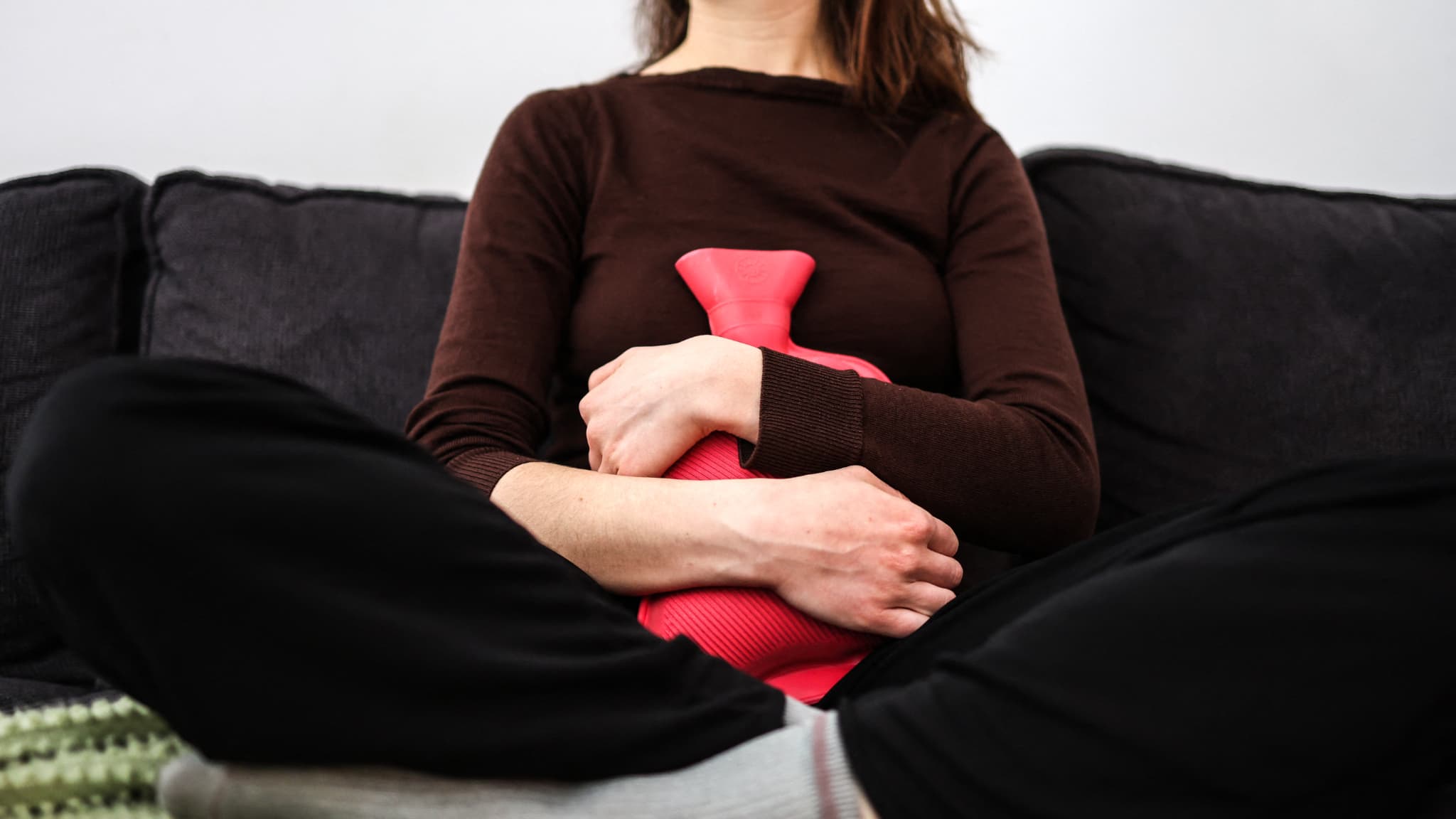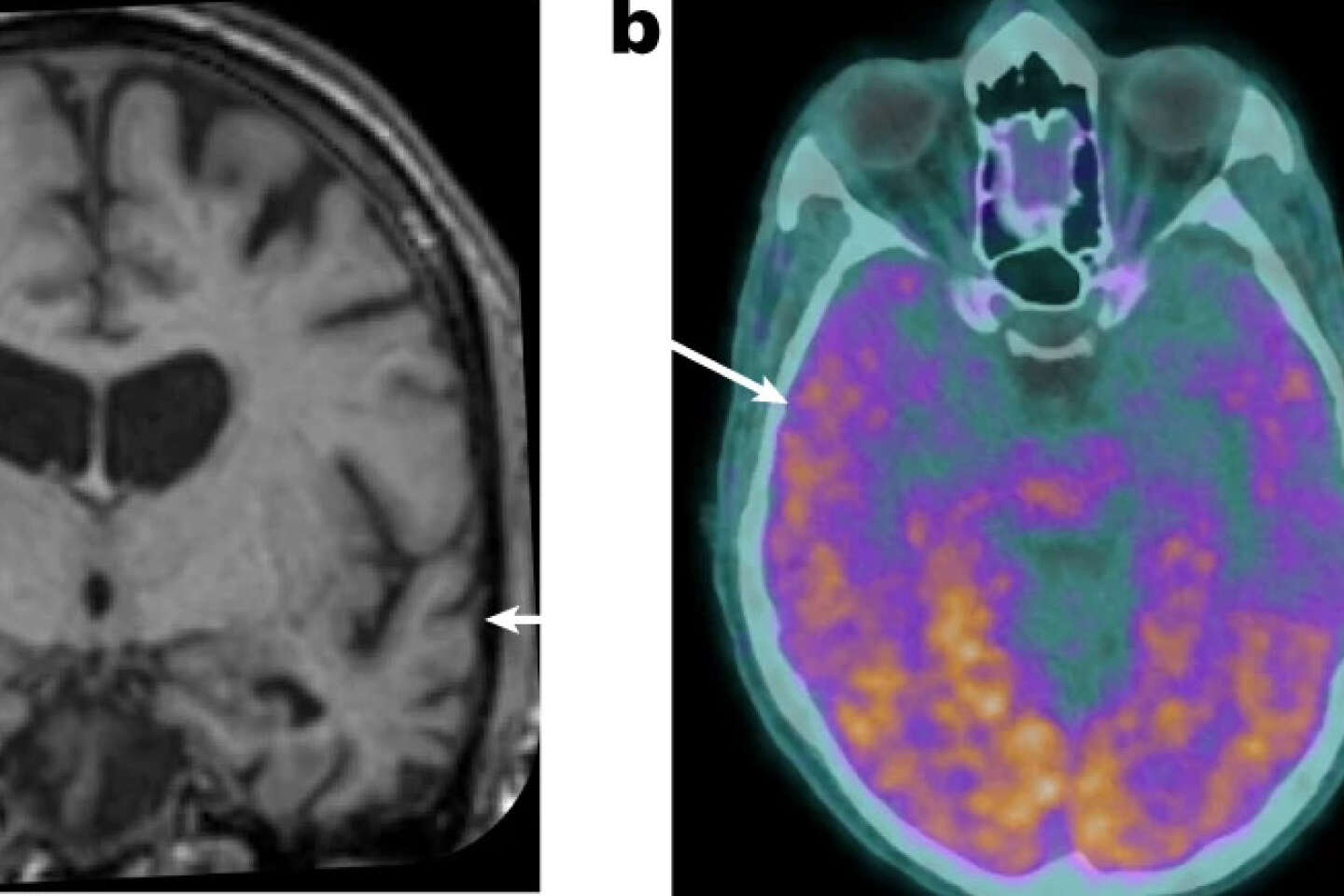Studies show an increased risk of tumors associated with three progestogen drugs

Progestins are drugs used as contraception, in the treatment of certain gynecological pathologies (uterine bleeding, endometriosis, etc.) or in hormone replacement therapy for menopause and medically assisted reproduction courses.
French researchers have observed an increased risk of meningioma – a tumor of the membrane surrounding the brain – associated with the use of three drugs with contraceptive properties.
A study by GIS Epi-Fare published in the British Medical Journal (BMJ) found an increased risk of meningioma when taking progestins such as Colpron, Depo Provera and Surgstone.
Up to 5.6 times greater risk
These drugs are used in contraception, in the treatment of certain gynecological pathologies (uterine bleeding, endometriosis, etc.) or in hormone replacement treatment for menopause and in medically assisted reproductive courses.
Scientists conducted their study on more than 18,000 women aged 45 to 74 who underwent meningioma surgery in France between 2009 and 2018, compared with 90,000 other “control” women.
The results showed that their long-term use increased the risk of meningiomas requiring surgical intervention, 3.5 times higher for Colpron (medrogestone), 5.6 times higher for Depo Provera (injectable medroxyprogesterone acetate), and 2 times higher for Surgestone (promegestone), which is now not Marketed in France since 2020.
There is no increased risk for hormonal IUDs
Previous studies produced similar results for other drugs: Androcor, Luteran and Lutenyl. As Le Parisien recalls, these results prompted the switch to colpron for many women.
In a press release, the ANSM also indicates that Depo Provera, an injectable contraceptive, is not widely used in France but is widely used worldwide with 74 million women affected.
On the other hand, the study did not show an increased risk of intracranial meningioma surgery in the case of hormonal IUDs containing levonorgestrel, which are widely used, especially in France. “Very reassuring” results, according to the researchers.





